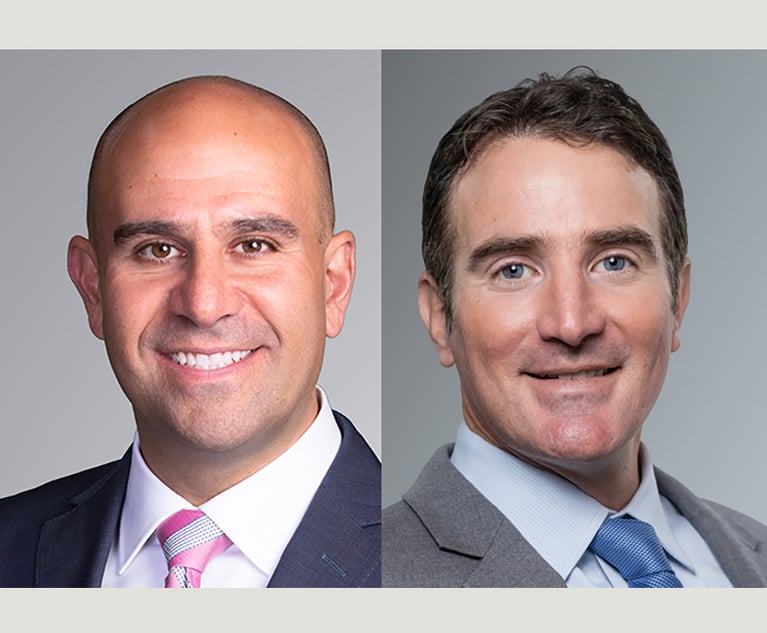The preceding article discussed the Illinois Brick/Hanover Shoe framework that governs modern private antitrust enforcement, and whether the Pepper v. Apple, 846 F.3d 313 (9th Cir. 2017), case provides an opportunity for the U.S. Supreme Court to revisit or overrule that framework. This article evaluates how the Supreme Court should resolve the issues in Pepper.
No ’Illinois Brick’ Issue in ‘Pepper’
The plaintiffs’ allegations in Pepper, accepted as true for the motion to dismiss order at issue in the appeal, do not require application of the Illinois Brick v. Illinois, 431 U.S. 720 (1977), rule to bar the plaintiffs’ damage claims. In Illinois Brick, the alleged antitrust violators, concrete block companies, sold the blocks to masonry contractors, who submitted masonry bids to general contractors, who in turn submitted project bids to the customer plaintiffs. By contrast, the Pepper plaintiffs transacted directly with the alleged antitrust violator, Apple. The plaintiffs made purchases directly with Apple. They dealt with Apple and paid Apple. Apple created the market for iPhone apps, and exercises and maintains exclusive monopolistic control over that market through a slew of alleged anti-competitive conduct, including prohibitions against developers selling iPhone apps through channels other than the App Store, threats to cut off sales by any developer who violates the prohibition, and threats to void the warranties of any iPhone owner who downloads apps from a source other than the App Store. The only members of the distribution chain here are the plaintiffs, Apple, and the app developers, and no one alleges that the developers have done anything wrong.


 Steven Williams and Jiamie Chen of the Joseph Saveri Law Firm.
Steven Williams and Jiamie Chen of the Joseph Saveri Law Firm.




